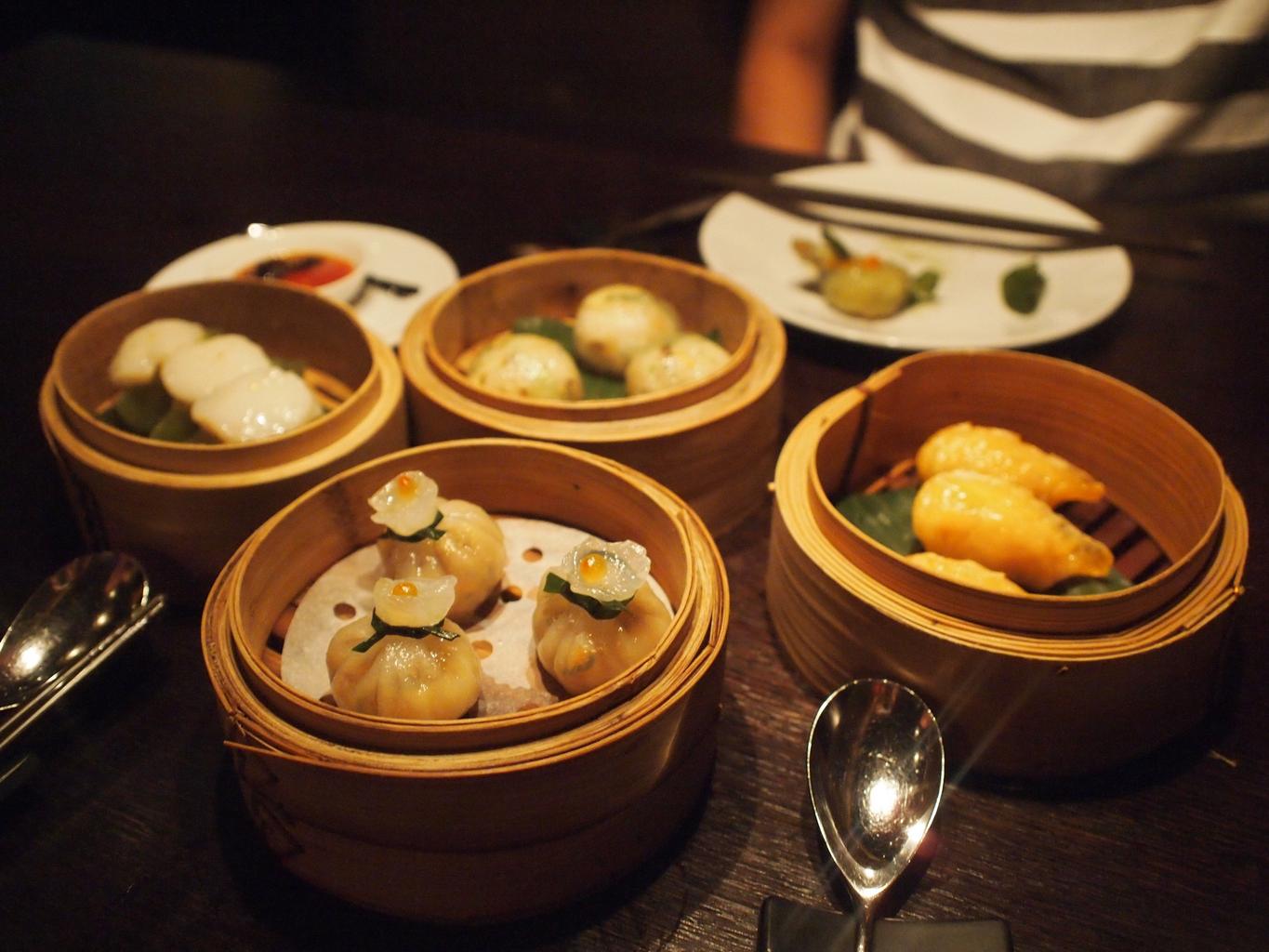—
So what about the August ppi announced by the National Bureau of Statistics? That’s down 1.8% from the same period last year and down 0.7% from the previous month. This means that China’s ppi has now fallen for 23 consecutive months. This naturally indicates that the Chinese economy has fallen into severe deflation and the Great Depression is continuing. That is why on September 6, Yi Gang, former governor of the People’s Bank of China (the central bank) and deputy director of the Economic Committee of the National People’s Congress of the Chinese People’s Political Consultative Conference, said at the Financial Summit held in Shanghai that China should focus on fighting deflationary pressures. While the Xi Jinping administration has been preaching “a bright future for the Chinese economy,” this is the first time that a senior Chinese official has publicly acknowledged that the Chinese economy is facing “deflationary pressures,” indicating the seriousness of the situation. Food consumer prices are soaring. However, what is very strange is that while the August PPI fell, the Consumer Price Index (CPI) for August published by the same National Statistics Office actually rose 0.6% year-on-year, the highest increase in six months. It also represents a 0.4% increase from the previous month. The simultaneous fall in ppi and rise in cpi is a truly strange twisted phenomenon. –Omitted–
In other words, while the price index for industrial goods and other items was falling due to deflation, the large increase in the price index for food products lifted the overall CPI figure,
leading to a 0.6% increase in the consumer price index in August. Many domestic and international experts and media outlets have attributed the sharp rise in the price index of food items such as pork and vegetables (soaring consumer prices) to the abnormal weather and flooding in July and August, but even if the abnormal weather and flooding were a factor, that alone cannot explain the abnormal price rise. Even in the summer of 2023, despite major flooding mainly in northern China, the food price index fell by 1.7%
and the pork price fell by 17.9% in August of that year. Therefore, there appears to be another reason behind the sharp rise in the food price index in August this year. ・Even if you are unemployed or have your salary cut, you still have to buy food. Generally speaking, the first thing behind a rise in the price index is, of course, an excess of money (i.e. liquidity) circulating in the market. As of April this year, China’s domestic m2 was already 300 trillion yuan (more than double its GDP, or 6,300 trillion yen), about three times the level in 2013. Excessive liquidity can always lead to rising prices, or inflation. On the other hand, in a severe economic downturn, with unemployment and wage cuts on the rise and the purchasing power of the general public significantly weakened, people are trying to limit consumption of non-food items as much as possible, but they still need to consume a minimum amount of food. Even if you’re short on money and prices are rising, you can’t avoid buying food altogether. This means that price increases due to excess liquidity will end up being concentrated in the food sector. As a result, while the ppi is falling, the price index for non-food industrial consumer goods is falling, and yet food prices are the only ones that are rising sharply. The problem is that if the overall economic downturn, as indicated by the steady decline in the producer price index, continues and unemployment and wage cuts continue to grow, and the price rises for foodstuffs, which are essential for survival, continue for a long time, this will put pressure on the lives of many people, including the poor, and could deprive them of their basic right to live. And if the situation has become that serious, nationwide social unrest is now inevitable. As the entire economy enters a deflationary recession, China is now facing the worst economic situation in which prices, especially for food, are rising, and the threat of major upheaval that this may cause. Ishihara (commentator)
Full text from source
Gendai Business, 9/19 (Thu) 6:05 a.m.

It’s Ishihara.
But you can’t buy rice in Workuni lol.
You’re the only one. How poor are you?
Read 1, it’s an article about China’s deep recession.
Some people throw away old rice.
The old rice in my room is blocking my way and I can’t go outside.
i.imgur.com/z6ekquw.jpeg.
There are no prospects for companies that still want to do business in China, so it would be better for your future if you quit.
How much crap rice have you been eating?
Idiot lol
It didn’t come off because of the typhoon or flooding lol.
This country is finished.



Comments